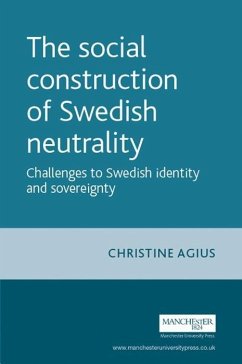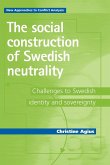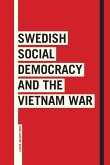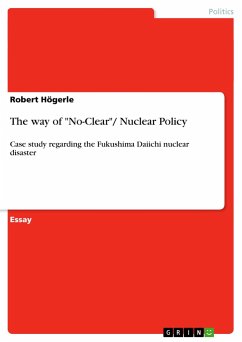The end of the Cold War and the "War on Terror" has signalled a shift in the security policies of all states. It has also led to the reconsideration of the policy of neutrality, and what being neutral means in the present age. This book examines the conceptualization of Swedish neutrality from the Peloponnesian War to today, uncovering how neutrality has been a neglected and misunderstood subject in IR theory and politics. By rethinking neutrality through constructivism, this book argues that neutrality is intrinsically linked to identity. Using Sweden as a case study, it links identity, sovereignty, internationalism and solidarity to the debates about Swedish neutrality today and how neutrality has been central to Swedish identity and its worldview.







